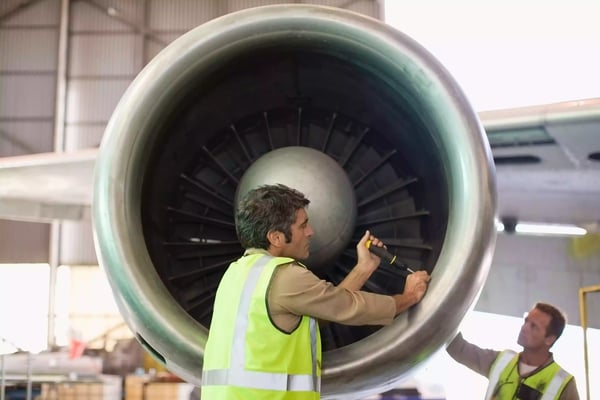At QOCO, we are committed to making a difference in the fight against human trafficking. Why is raising awareness about human trafficking so important to us? There are many reasons. First, the aviation industry is known to be a facilitator of human trafficking, especially when it comes to importing exploited labor from other countries. Second, human trafficking is a global problem that affects people of all ages and walks of life. It knows no borders and crosses all socio-economic statuses. Finally, as a company, we have a responsibility to use our platform to speak out against injustice and to stand up for the rights of all people.
How Human Trafficking Works
Human trafficking is a form of modern slavery that involves the use of force, fraud, or coercion to obtain some type of labor or commercial sex act. Victims of human trafficking can be men, women, or children of any age and from any background. They may be promised a good job, a better life, or even just food and shelter. But once they are trapped, they are forced to work long hours for little or no pay in dangerous or unhealthy conditions. They may also be subjected to physical and sexual abuse.
Why the Aviation Industry Plays a Role in Human Trafficking
The traffickers exploit the aviation industry to transfer, especially when it comes to importing exploited labor from other countries. This is because traffickers often use airplanes to transport their victims long distances from their home countries. Once they arrive in their destination country, the victims are often isolated and controlled by their traffickers using threats, violence, and intimidation. This makes it very difficult for them to escape and get help.
Why Is Human Trafficking So Hard to Stop?
Human trafficking is a hidden crime. According to the A21 Campaign, Human trafficking generates an average of 150 billion dollars per year. There are more people enslaved today than at any other time in history. The victims are often afraid to speak out because they have been threatened or coerced into silence. This makes it very difficult for law enforcement to identify and rescue victims. In addition, human traffickers are often part of organized criminal networks that span multiple countries. This makes it even more difficult to investigate and prosecute cases of human trafficking.
QOCO's Commitment to Fight Human Trafficking
This Autumn, we have already had two workshops within the company to educate our employees about human trafficking, learn about the sign and what can we do to help fight it. In our first workshop, we had Philip Hyldgaard, Chief Operations Officer of The A21 Campaign joined QOCO Friday and shared some information about human trafficking that still exists globally. In the second workshop, we took a part to do a course on human trafficking using A21 resources and learn more about how to spot the sign of human trafficking.
We realize that as a company, we may not be able to change the statistics surrounding human trafficking. But together we can take a small step to make a difference in educating our employees and raising awareness about human trafficking within our communities. If you would like to know more information on how you can help fight human trafficking, please check out: www.a21.org
Thank you for your commitment to making a difference!
 Elisabeth Tadoe
Elisabeth Tadoe
 If you are interested in knowing how you can improve your efficiency in maintenance operations, book a 30-minutes discovery call with us.
If you are interested in knowing how you can improve your efficiency in maintenance operations, book a 30-minutes discovery call with us..webp?width=600&name=6555d3f4aec7caa690ec12f3_IMG_5379%20(1).webp)
.webp?width=600&name=642ec582eba5747f079c730f_IMG_3206_11zon%20(1).webp)
